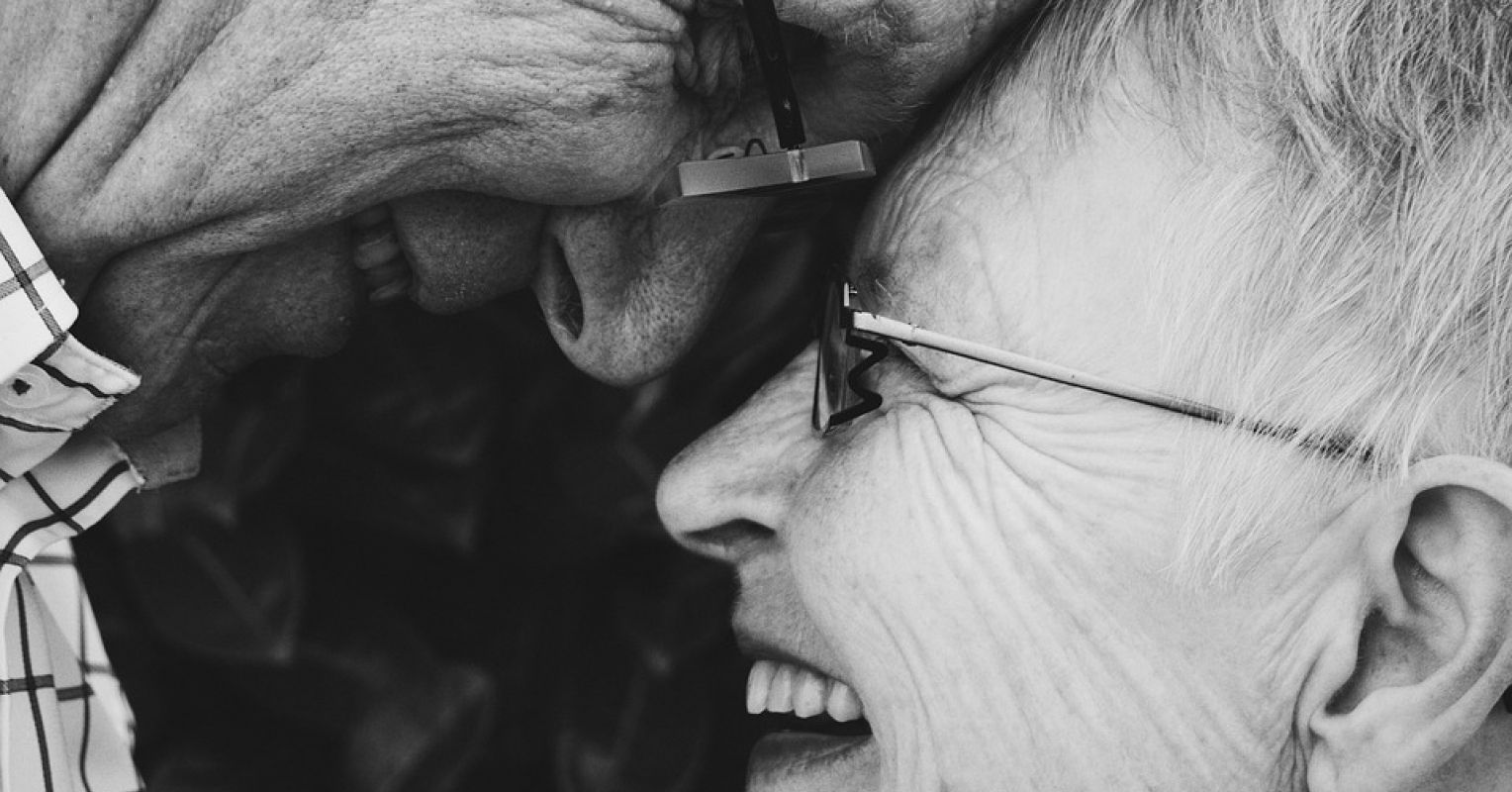
"As a psychologist at Georgetown University Hospital, an academic medical center, I treat a broad range of patients. Some of my most rewarding, and at times difficult, patients tend to be those who care for others. Perhaps not surprisingly, since the pandemic, a number of my patients are physicians and other health care providers. The cost of long hours and high patient demand can contribute to potential burnout and despair."
"According to the National Institutes of Health (NIH), 42 percent of Americans over age 55 will eventually develop dementia. The NIH estimates that over 6 million Americans (and an estimated 57 million people worldwide according to the World Health Organization). Dementia is difficult for the individual, the family system, and society as a whole, as they will need increasing levels of care as the degenerative illness progresses."
"Millions of people are living with dementia, and their care often falls to loved ones. These caregivers are admirable for their love and dedication, but it can take a toll on them as well. It is important for the caregivers to have support of their own. Fortunately, there are steps that can be taken to ease the burden somewhat and help them to feel less alone."
Millions of people live with dementia, and many rely on family members for long-term care, often choosing to keep loved ones at home despite available services. Caregiving commonly produces emotional strain, physical exhaustion, social isolation, and financial stress as dementia progresses and care needs increase. Health care workers have experienced heightened burnout and despair during the pandemic, and some family caregivers likewise face relentless demands without regular respite. Effective caregiver strategies include setting limits, attending to self-care, seeking social and professional support, using respite and residential services when needed, and reconnecting with personal purpose to sustain caregiving.
Read at Psychology Today
Unable to calculate read time
Collection
[
|
...
]